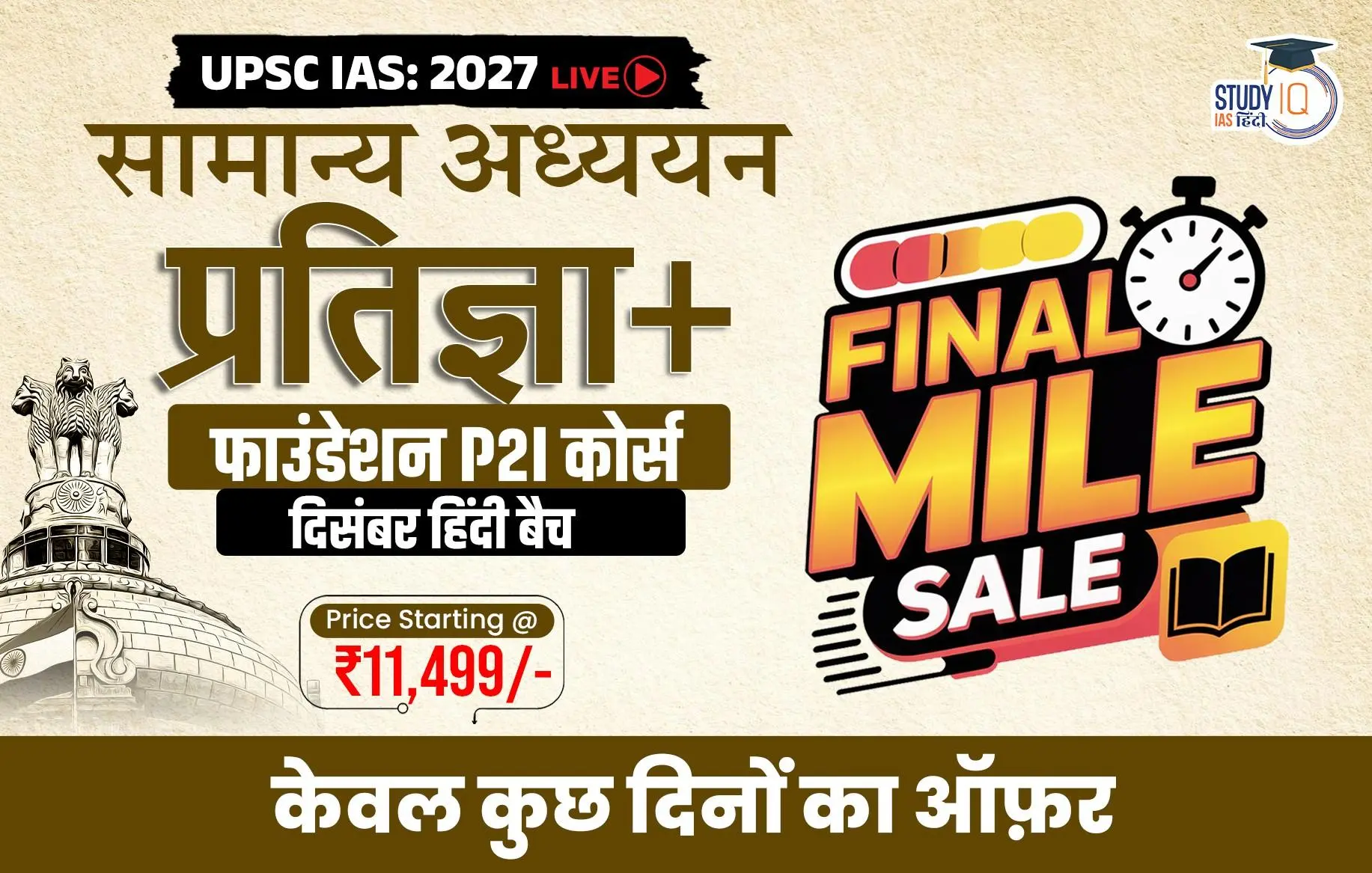The Hindu Newspaper Analysis for UPSC

The Hindu Newspaper Analysis 1 July 2023
- Faced with an unprecedented constitutional crisis following the Kerala Governor “sitting” on nine Bills passed by the State Legislature, the State government is all set to move the Supreme Court.
- The recent apex court order in a petition by the Telangana government that the Governor shall return the Bills as soon as possible has come as a shot in the arm for the Kerala government.
- The State would argue that the Governor holding the Bills indefinitely would lead to the collapse of the parliamentary democracy system and derail the constitutional framework laid down for the governments to function.
The Hindu Editorial Today
- The government feels that the Governor’s action went against Article 200 of the Constitution, which provided him the option of giving or withholding assent to a Bill or reserving it for the President’s consideration.
- The Constitution also provides that the Governor may, as soon as possible after the presentation of the Bill to him for assent, return it together with a message requesting that the House reconsider the Bill itself or any of its specified provisions.

- Section 69A of the Information Technology Act, 2000, empowers the state to issue blocking orders in cases of emergency on the grounds such as “sovereignty and integrity of India, defence of India, security of the State, friendly relations with foreign States, public order or for preventing incitement to the commission of any cognizable offence relating to the above”.
- The Information Technology (Procedure and Safeguards for Blocking for Access of Information by Public) Rules, 2009 (Blocking Rules) lays down the procedure for any blocking order issued under Section 69A.
- This provision’s constitutionality was challenged in Shreya Singhal vs Union of India, where the Supreme Court of India upheld the validity of Section 69A and the Blocking Rules after observing that sufficient procedural safeguards were embedded, such as provision of recording a reasoned order, and providing notice to the intermediary and the originator whose content was sought to be blocked.
- Reasonable restrictions on the fundamental right to freedom of speech can only be instituted on the basis of eight specifically enumerated grounds under Article 19(2) of the Constitution. The Supreme Court had clarified in Shreya Singhal that blocking under Section 69A and the Blocking Rules must conform to those grounds only.
- However, the High Court’s reproduction of certain portions of blocking orders in its judgment reveals that one of the reasons was that the content could lead to the spread of “fake news” and “misinformation”, which had the potential to disturb “public order” and threaten the “security of [the] State”.
- Misinformation and fake news are not grounds under which free speech can be restricted under Article 19(2) and Section 69A.
- Reasonable restrictions
- Sovereignty and integrity of India
- Security of the state
- Friendly relations with foreign states
- Public order
- Decency or morality
- Contempt of court
- Defamation and
- Incitement to an offence

- The significance of data in influencing policy constructs and thereon, decisions, is non-contestable. The country takes periodic stock of various parameters just to inform welfare policies better. In context, the recent decision of the Union government to drop the disability-specific question from the National Family Health Survey (NFHS)-6 seems churlish and sends out wrong signals.
- National Family Health Survey (NFHS):
- The NFHS is a large-scale, multi-round survey conducted in a representative sample of households throughout India.
- Conducted By:
- The Ministry of Health and Family Welfare (MoHFW) has designated the International Institute for Population Sciences(IIPS) Mumbai, as the nodal agency for providing coordination and technical guidance for the survey.
- IIPS collaborates with a number of Field Organizations (FO) for survey implementation.
- Funding:
- The funding for different rounds of NFHS has been provided by USAID, the Bill and Melinda Gates Foundation, UNICEF, UNFPA, and MoHFW (Government of India).
- History of NFHS
- Objective: The main objective of each successive round of the NFHS has been to provide high-quality data on health and family welfare and emerging issues in this area.
- NFHS-1: The NFHS-1 was conducted in 1992-93.
- NFHS-2: The NFHS-2 was conducted in 1998-99 in all 26 states of India.
- The NFHS-5 has captured the data during 2019-20 and has been conducted in around 6.1 lakh households.

- Three years after the violent clash between Indian and Chinese forces in Galwan followed by tanks facing each other around the Pangong Tso — a lake spanning eastern Ladakh and western Tibet — there is hectic activity in the area from both sides.
- While China is rushing to complete a bridge across the Pangong Tso, connecting the north and south banks, India is also building a black-topped road on its side on the north bank.

- Pangong Tso
- Pangong Tso is a 135-km long landlocked lake located at an altitude of over 14,000 feet i.e., 4350 m above sea level.
- Indian and China have around one-third and two-thirds of Pangong Tso Lake respectively.
- India has around 45 km of Pangong Tso under its control while approximately 60% of the lake, in terms of length, lies in China,
- The eastern end of Pangong Tso lies in Tibet.
- It is one of the highest altitude lakes in the world that is filled with saline water.
- However, even though it is a saline water lake, Pangong Tso freezes completely.

- National Commission for Protection of Child Rights:
- The National Commission for Protection of Child Rights (NCPCR) is a statutory body established under the Commission for Protection of Child Rights (CPCR) Act, 2005.
- It is under the administrative control of the Ministry of Women and Child Development.
- Under the act, a Child is defined as a person in the 0 to 18 years age group.
- It aims to ensure that all Laws, Policies, Programmes, and Administrative Mechanisms are in harmony with the Child Rights perspective as enshrined in the Constitution of India and also the UN Convention on the Rights of the Child.
- Composition: This commission has a chairperson and six members of which at least two should be women.
- All of them are appointed by the Central Government for 3 years.
- The maximum age to serve in the commission is 65 years for Chairman and 60 years for members.

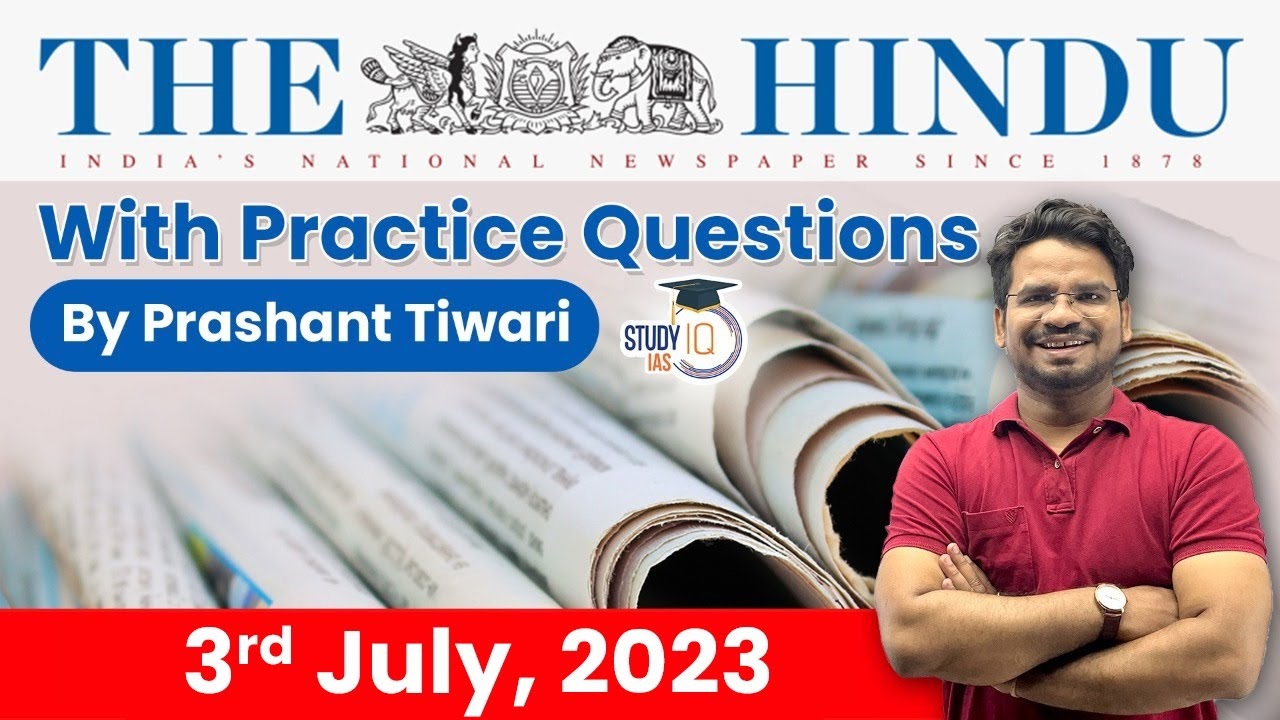
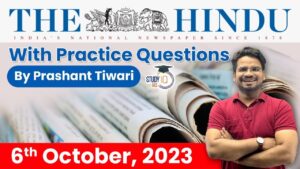 The Hindu Newspaper Analysis 6 October 2...
The Hindu Newspaper Analysis 6 October 2...
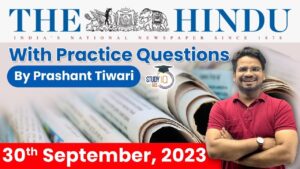 The Hindu Newspaper Analysis 30 Septembe...
The Hindu Newspaper Analysis 30 Septembe...
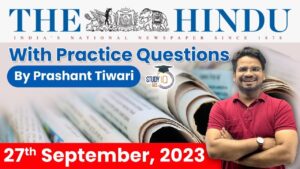 The Hindu Newspaper Analysis 27 Septembe...
The Hindu Newspaper Analysis 27 Septembe...


